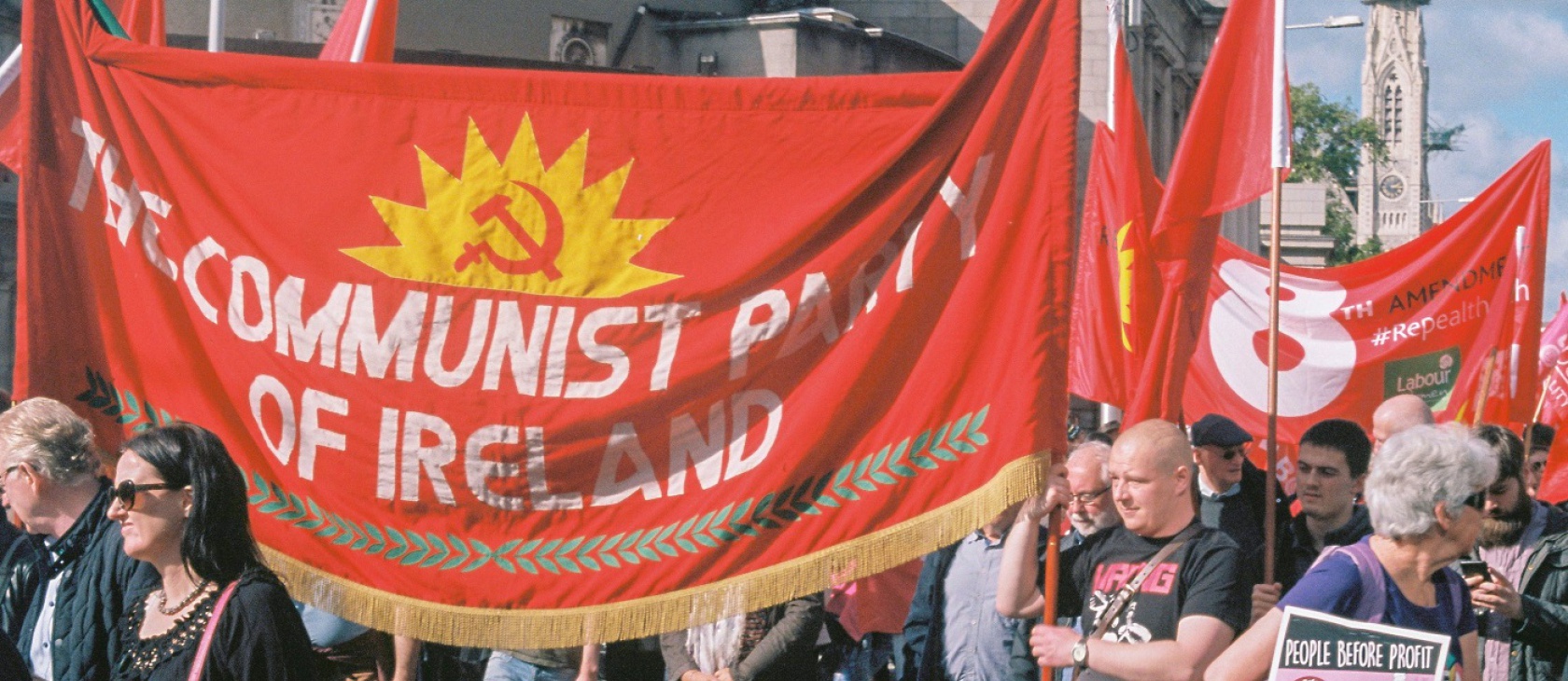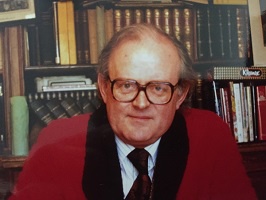This is a moment unprecedented in Irish political life, and almost certainly also in the political life of the West, for what we contemplate is the possibility that we may vote down the most fundamental right of all, the right-to-life, of a category of human beings in Ireland, destroying the constitutional protections that safeguard the most innocent, the most defenceless, the most voiceless among us.
Under attack is Article 40.3.3, otherwise known as the Eighth Amendment, which “acknowledges” the right to life of the unborn child.
It needs to be stated very clearly that the Irish people, when they inserted the Eighth Amendment to the Constitution in 1983, did not in doing so raise, confer, extend, sanction, enact, or otherwise legally generate the right to life of the unborn child. This right already existed and was acknowledged as an unenumerated right of the Constitution by various judgements of the Supreme Court down the years. What happened with the addition of Article 40.3.3 to Bunreacht na hÉireann (the Irish Constitution) is that this right, existing as of nature or divine ordinance, was “made visible” in the Constitution, lest there be any attempt to bring abortion into Ireland on the basis that the unborn child was not expressly mention in the Constitution.
Article 40.3.3 begins: “The states acknowledges the right to life of the unborn ….”
With the use of the word “acknowledges,” the Constitution makes clear that the rights at issue are fundamental – antecedent, inalienable, imprescriptible, anterior. They do not exist by concession of the state, or at the gift of the electorate. There is not – and could not be – any legal, constitutional or moral basis for asking the Irish people whether or not they might dispense with these rights.
Because this right it is not conferred by Article 40.3.3, it cannot be demolished by the removal of that article from the Constitution. Yet the procedural logic of the referendum implies that, by deleting or amending the article, the people will, as though magically, have acquired a right to void or curtail the right it acknowledges. This is not merely illegal but manifestly wicked. That it can be considered at all is owing to the attrition effected by decades of propaganda, in which the child in the womb has been rendered abstract and pre-human.
As the people of Ireland contemplate their vote, it will be instructive to look at what happened in England under the Abortion Act 1967. When the Abortion Act was passed it was anticipated that there would be about 5,000 abortions a year. Since then, the actual figure has been eight million abortions – or 31-times more than predicted. And Britain is a well-ordered society. In the UK and around the world, little girls have been aborted because they are the wrong sex – violating not only human rights but equal rights between the sexes. There is no reason to expect that this will not happen in Ireland.
Death be not proud
Life and death are not easy subjects in any family, including the national family, and can be painful in the extreme. This was the case in my own family. My wife and I lost our first child, Emma, from gastroenteritis in infancy; the pain of it, the loss of trust in the security of life, that was thus taken away, has lasted us all our lives. Had Emma survived she would now be approaching 60, no doubt with children and grandchildren of her own. With the passage of time, her presence is still a constant.
The Eighth Amendment exists only to protect the inalienable and pre-existing rights of the unborn child as recognized by Western Civilization for millennia.
We then had three children, quite close together – the middle one, Samuel, less robust than his sister, Polly, and his elder brother, Hugo. Samuel’s proneness to ill-health in childhood took a darker turn when he was diagnosed with a brain tumour in his early twenties. I remember we lived through a difficult time, thinking we had been punished enough, and it strained and seemed to diminish our faith. He was one of three children to be helped by the same surgeon; the other two brain tumour patients died. Yet Sam survived.
Fate, however, had not finished with us. Years on, Sam was revisited by the brain tumour – though he received specialized care from the same physician, as well as Beaumont Hospital and the Blackrock Hospice – he died at the age of 47.
My wife then suffered the decline of Alzheimer’s Disease for 12 years.
Against this background I have watched young people, far too young for marriage and children, waving banners that demand a universal remedy for unwanted pregnancies that will prematurely bring death into their own lives, as well as destroy the fundamental liberties of generations yet to come.
The true meaning of the referendum
As Nuala O’Loan has said, in her remarkable testimony last week, the referendum is not about the Eighth Amendment. The referendum is about abortion on a lavish and terrifying scale. Abortion will be available on demand, no questions asked, for the first 12 weeks of pregnancy, and with other supposed but undefined regulations for the rest of the pregnancy. Do the teenagers who gleefully raise their “Yes” banners know that this is what they are seeking?
The Irish people are not facing the real question that lies before them, nor its likely ramifications – always a danger in a democratic system that relies for its good functioning upon a sufficiently informed electorate.
The Eighth Amendment is not a legal instrument of this false system. It exists only to protect the inalienable and pre-existing rights of the unborn child as recognized by Western Civilization for millennia. The complexity of this duty includes an equal and requirement to protect the life for the mother of that unborn child. These legal protections have been doctored by glib and shallow political (and, it must be pointed out, not medical) figures into a nightmare of deliberate misrepresentation.
The task before us is not a matter of choice between mother and child, except only when all remedies for both are exhausted. No woman – now, in the past, or in the future – need travel to England, or indeed anywhere else, to find safety and care in such an instance.
The deeply complex nature of this approach has been rendered facile and superficial in its surrounding debate and slanted media coverage. As a result, the Irish people are not facing the real question that lies before them, nor its likely ramifications – always a danger in a democratic system that relies for its good functioning upon a sufficiently informed electorate.
As another Irish figure, Edmund Burke, once said, Society “is a partnership … not only between those who are living, but between those who are living, those who are dead, and those who are to be born.” The responsibility of all voters is to uphold those sacred liberties – and to do so, they must act both as guardians of those unalienable liberties for generations to come and as the enlightened bearers of the accrued wisdom of all ages past.
“What is liberty without wisdom and without virtue?” he asked. “It is the greatest of all possible evils; for it is folly, vice, and madness.”




